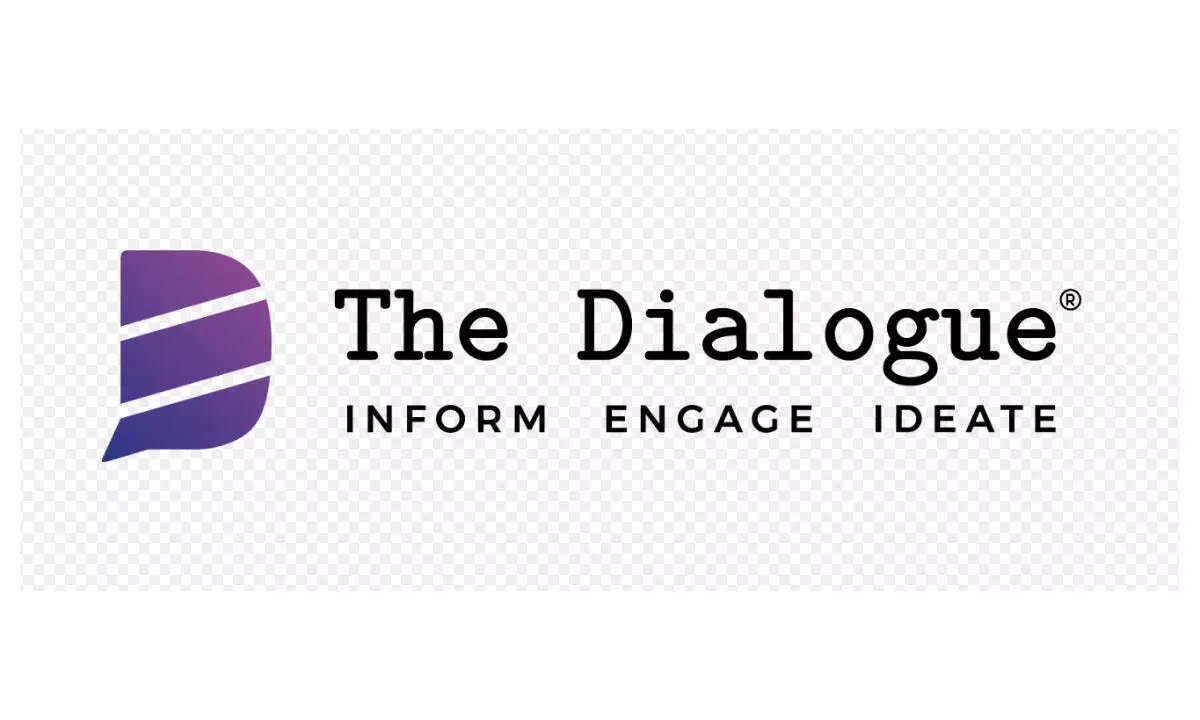Skill Games Framework by Professor Bimal Roy: India’s First Quantitative Framework for Online Real Money Games Launched

India’s first comprehensive approach to classify online games as skill-based, through a scientific and data driven method, The Skill Games Framework, has been launched as “An Objective Framework to Determine Permissible Online Real Money Games”.
India’s first comprehensive approach to classify online games as skill-based, through a scientific and data driven method, The Skill Games Framework, has been launched as “An Objective Framework to Determine Permissible Online Real Money Games”. Developed by renowned statistician Padma Shri Professor (Dr.) Bimal Roy in collaboration with The Dialogue, marks a significant step in regulating the country’s booming online gaming market.
This groundbreaking initiative is the product of extensive engagement and consultation with industry experts, game developers, legal advisors, gamers, making the Framework a collaborative effort.
The report published by The Dialogue is the first version of the framework, which plans to continuously evolve based on further feedback from the industry, the government and emerging trends in the gaming industry so that it remains a dynamic and reliable tool for determining the legality of online real-money games in India.
Until now, India has lacked an industry-wide standardised mechanism to differentiate between skill-based and chance-based games. While court rulings have classified certain games and have laid down a qualitative test, there has been no consistent scientific test for game classification. The Framework addresses this gap by offering an objective, transparent, data-backed solution that regulators, developers and the judiciary can trust. By doing so, it ensures that legitimate skill-based games are appropriately classified, protecting both the integrity of the gaming market and the interests of players.
Professor (Dr.) Bimal Roy, a leading authority in statistics and cryptology, is the former Chairman of the National Statistical Commission, Government of India, former Director of the Indian Statistical Institute (ISI) and a recipient of the Padma Shri award. His vast expertise in data analysis and statistical methodologies has played a pivotal role in developing the framework, ensuring it meets the highest standards of scientific rigour. Professor Roy’s work provides a globally credible and innovative tool to regulate India’s online real-money games sector.
Speaking on the release of the framework, Professor Roy stated, “In a world where online gaming is rapidly evolving, regulatory clarity is paramount. The Framework offers not just a solution for today’s challenges but a foundation for the future of gaming regulation in India. This initiative will provide the confidence that all stakeholders- players, regulators, and developers - need to thrive in a fair and regulated environment. Our goal is to empower both regulators and developers with a tool that champions fairness and ensures that skill-based gaming thrives under a transparent, data-driven system.”
Core Components of Roy’s Framework: At the heart of Roy’s Framework are three core tests designed to determine the role of skill in game outcomes:
Persistence of Skill: Analyzes whether top players consistently perform better over time, indicating that the game relies on skill.
Experience Gap: Measures whether experienced players regularly outperform other players, demonstrating that skill significantly affects performance.
Exemplary Skill: Identifies individuals with outstanding performance, underscoring the role of skill in determining success.
These tests are supported by advanced statistical tools such as the Chi-Square Test and Pearson Correlation Test. The framework leverages real-world data to ensure accuracy, consistency, and adaptability across various online gaming formats.
Kazim Rizvi, Founding Director of The Dialogue, a prominent voice in India’s tech policy landscape, remarked, “The launch of the Framework marks an important moment for India’s online gaming landscape, which provides a method to empirically classify games of skill. This objective and scientifically validated approach will help regulators distinguish between games of skill and chance, provide guidance to the developers, and subsequently help safeguard players’ interests. It offers the much-needed protection against misleading game classifications and unfair practices, ensuring that players engage in legitimate, skill-based games. We are thankful to have worked alongside Dr. Bimal Roy and other stakeholders to make this a reality.”
The Framework is set to revolutionise the online gaming landscape by providing a clear, consistent, and statistically valid approach to game classification. The blend of legal insights and statistical precision offers a trustworthy method for assessing games promoting fairness, transparency, and integrity in India’s online real-money gaming sector.
“Our framework has three key objectives: First, it extends the existing jurisprudence by offering a quantitative method to distinguish between games of skill and games of chance, allowing for a more precise and objective determination. Second, it serves as a tool to differentiate legitimate platforms from illegitimate ones, ensuring fair competition and consumer protection. Third, it aims to establish an industry standard that can be widely adopted, fostering trust and credibility in the sector,” explains Kriti Singh, Chief of Staff and Programme Manager of Gaming Policy at The Dialogue.
As India’s gaming industry continues its rapid growth, the Framework will play a crucial role in regulating the space, ensuring that only games grounded in skill are legally permitted. Furthermore, the framework’s ongoing development will ensure it remains responsive to industry needs, with future updates reflecting feedback from all stakeholders.
The developers hope for widespread adoption of the framework by self-regulatory bodies and the government.














